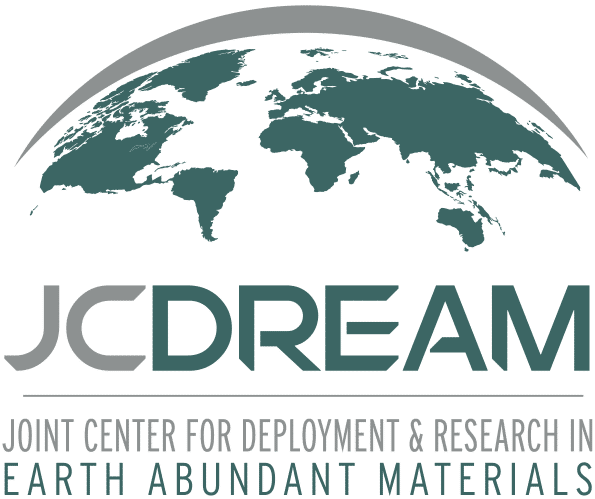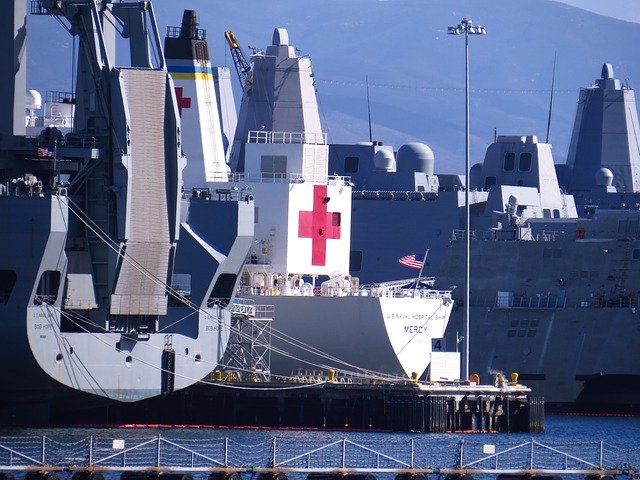COVID-19 Forces a Novel Definition of National Security

With the US still working out how to respond to COVID-19, national security must be strongly considered in recovery plans. Though not a direct attack from another world power, the challenges of the pandemic are a significant threat. The mounting death toll, as well as supply chain, staffing and capacity struggles in the healthcare system highlight new considerations to be made as we define and pursue national security. John McLaughlin, former deputy director of the CIA, warns “COVID-19 threatens to act — or is already acting — like a sort of international circuit breaker, impeding the secure flow of things we depend on in our daily lives, from medicine and food to cars and smartphones.”
As discussed in our last post, the US has major dependencies on imports for crucial supply chains. Just as the security of our medical system is overly reliant on the Chinese supply of PPE and medications, our technology and military sector is overly reliant on critical materials from China and other even more challenging regimes. US reliance on imported critical materials, altered military operations due to COVID-19, a volatile energy security outlook, and numerous other factors warrant concern around general military preparedness.
While much of the world is focused on helping one another and the global community during the pandemic, times of uncertainty create opportunities around the world for authoritarian regimes, dictatorships, and other governments to consolidate their power. This power imbalance creates an uneasy climate of suppressed speech and protest, sometimes leading to military action and even martial law. It is crucial that we maintain our national security and response capabilities during these times.
Defense News states “For years, supply chain experts warned about the potential for China to cut off access to the critical materials found in almost every major weapon system, from fifth-generation fighters to precision-guided munitions. Even a modest decrease in the availability of rare earth materials results in increasing prices for the elements, but severe and sustained shortages could threaten the ability of American defense contractors to produce systems vital to our national security.”
Even if the US doesn’t depend directly on China’s supply of critical materials for defense applications, we are susceptible to price fluctuations and supply disruptions. These challenges are inevitable when resources are geographically or politically concentrated and plagued with environmental or human rights issues. These are all further reasons for continuing to pursue domestic supply and earth-abundant alternatives for critical materials.
While the extent of our dependency on imported critical materials may seem daunting, we are on the right track as the US government has already begun work to secure our supply chains. A key to success in ensuring our national security and military capability will be maintaining a focus on diversification of supply and research in earth-abundant alternatives as we move forward during and after the pandemic.

